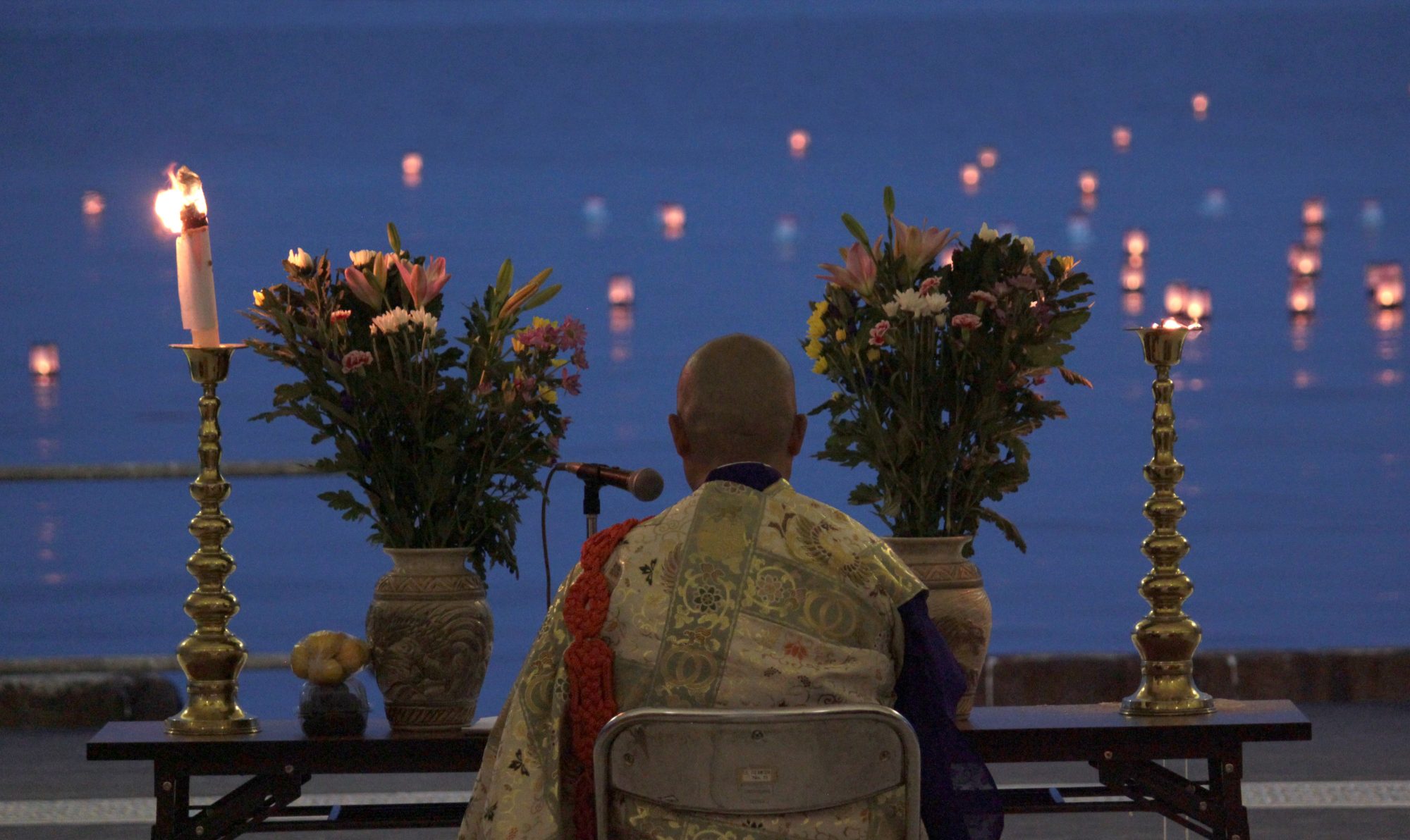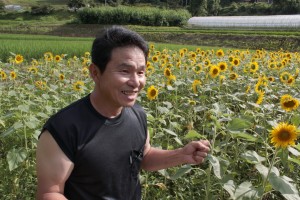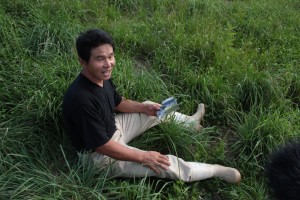 We produced this series of 15-20 second videos for Tokyo nonprofit Ganbatte 365, about Fukushima City bread maker and hemophiliac amputee Yuji Ohashi, whose company Ginray was one of the few reliable food sources in the area in the immediate aftermath of the 3/11 disaster.
We produced this series of 15-20 second videos for Tokyo nonprofit Ganbatte 365, about Fukushima City bread maker and hemophiliac amputee Yuji Ohashi, whose company Ginray was one of the few reliable food sources in the area in the immediate aftermath of the 3/11 disaster.
During several nights of blackout, they baked and sold bread by car headlamps. Now he must seek organic suppliers outside Fukushima, even if local ingredients test negative for radiation. The videos will screen on electronic billboards in Tokyo and other cities.


















